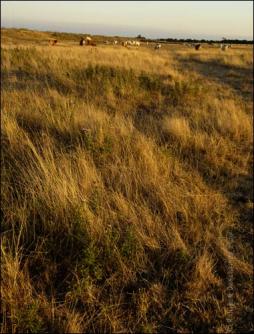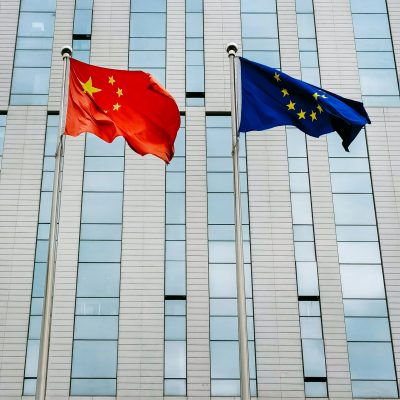A Changing Global Context in Agricultural Policy
Policy paper by Isabelle Garzon. At the outset, the Common Agricultural Policy was based on protectionist, trade-distorting measures. In the last fifteen years the CAP, which had remained essentially unchanged in three decades, has undergone three reforms. In this article Isabelle Garzon studies the interaction between external pressures and the successive reforms of the CAP.

Policy paper by Isabelle Garzon. At the outset, the Common Agricultural Policy was based on protectionist, trade-distorting measures. In the last fifteen years the CAP, which had remained essentially unchanged in three decades, has undergone three reforms. In this article Isabelle Garzon studies the interaction between external pressures and the successive reforms of the CAP.
Foreword
Since the launch of the Uruguay Round at Punta del Este in September 1986, international trade discipline has become an important background factor to agricultural policies. Agriculture long remained an exception in multilateral trade negotiations. And it still enjoys significant official support and tariff protections, particularly in the EU and the US.
However the acceleration of world trade is now impacting on agricultural policies that, since the 90s, have had to adjust to multilateral trade regulations. These upheavals fit into broader trends increasingly subjecting official policies to international necessities.
The increase in the number of countries involved in international negotiation has forced open the eyes of developed countries to the negative impact of their agricultural policy on their partners’ trading balance. Today when debating the future of European farming, the Europeans can no longer ponder it without taking into account the impact of their policies on farming issues in the developing countries (UDCs) and the least developed countries (LDCs).
Policy makers must now review the agricultural policy’s set of constraints in the light of this new parameter. But the trade-offs needed to keep to international obligations are particularly thorny where farming is concerned. indeed, farming is an economic branch apart. In the LDCs, it holds the key to vital matters (famine and poverty); in rich and emerging countries, it underwrites commercial, political and social stakes. Now the fall-outs of liberalization take their toll on the economic and social structures least able to compete whilst the benefits, ill-allocated as they are, remain elusive. Yet, opening the markets is an opportunity: it brings in a stimulating competition, advantageous in the long term.
Meanwhile, agricultural trade liberalization upsets social patterns. In ancient agrarian civilisations as are found in Europe or in India, farming underpins cultural identity. For millennia, the farmer’s work played a crucial part in land use, food production and the environment. The new regulations for global farm trade cast these issues in a new light and bring about a reassessment of the role of farming in our societies. They force policy makers in a position where they must – laboriously – represent to their trading partners the cultural specificity of their own farming patterns.
In view of the CAP check-up due in 2008, and of the financial perspective running to 2013, Notre Europe proposes a set of long range analyses aimed at understanding the issues at stake in farming in the mid-term. In this Policy Paper Isabelle Garzon scrutinises one of the CAP’s major determinants today: farm trade liberalisation. She re-examines the genesis of farming’s induction into GATT discipline then examines the impact of trade negotiations on the three major CAP reforms in 1992, 1999 and 2003.




